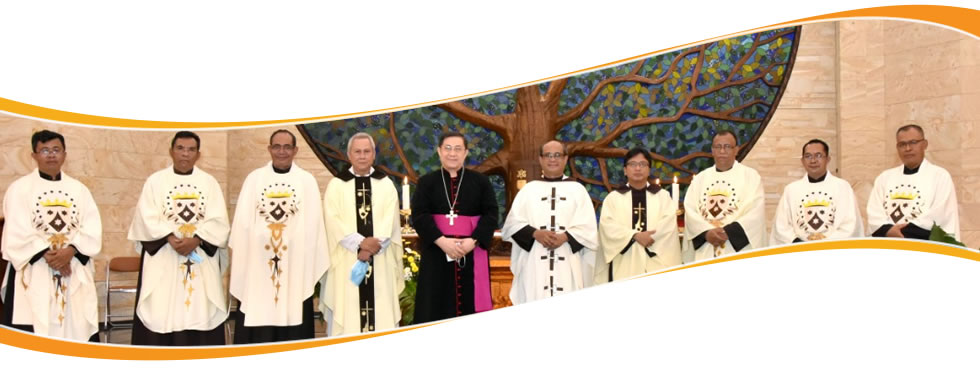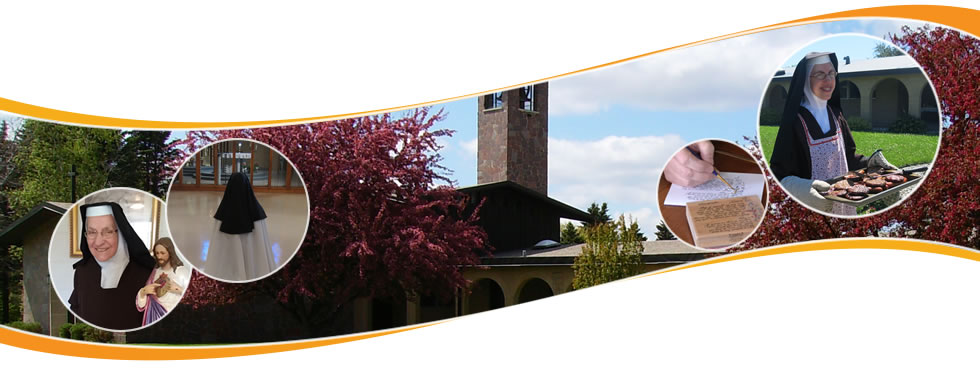17 April Memorial
One of the controversies between the Order and the Mantuan Congregations involved the habit for the members to wear. The General Chapter of Asti in 1472, with no small assist from Pope Sixtus IV it was commonly believed, elected Christopher Martignoni, a prominent members of the Mantuan Congregation. Yet Martignoni’s generalate was to be marked by continual conflict with the Mantuan Congregation. According to the Carmelite historian Joachim Smet, Martignoni was passionate about good order: uniformity of dress, life, and doctrine in the Order.
Besides a major shift in the alignment of houses of the Order in Italy, Martignoni sought to unify the habit throughout the Order and attempted to do so with a decree from the Chapter of 1471. The Mantuan Congregation began a campaign of opposition. For them, the original form of the habit symbolized their attempt to return to the sources of the Order’s spirit. To adopt the habit of the conventuals seemed equivalent to dissolving the reform. In 1475, the pope suspended further discussion, pending a decision on his part only to have the question reopened by Martignoni’s successor in 1483.
By this time, the vicar of the Mantuan Congregation was the famous poet Baptist Spagnoli. He included in his Eclogues a dialogue between a frog (a reformed friar) and an ant (a conventual) over the color of the habit. He managed to keep the question open, until on May 26, 1484, he obtained from Sixtus IV a final decision in favor of the Mantuan Congregation—to maintain the grey habit.


































